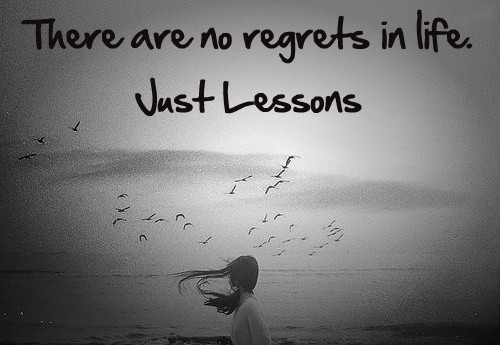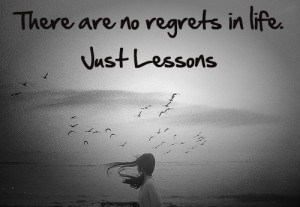
 The regret of things we cannot change…
The regret of things we cannot change…
I was talking with another mother who has a child with learning disabilities. We were relating our history of having children who even as infants showed up differently than other children; remembering how we would tell doctors the things we noticed, kids not crawling for example, and how no one really took us seriously and negated these challenges as potential disabilities our children faced. At one point during my friend’s story, she patted her self on her head, reflecting the sort of meaningless and condescending advice she was offered by the professionals. As if the doctors could pat us on our head to reassure that our instincts were wrong.
Mothers of children who have unique needs are often told that our instincts are wrong.
When your child is born, many of us joke that they didn’t come with an instruction manual. Most of us sludge along trying to make sense of this little being without a playbook. My friends, my husband and I read all the “right” books and went to classes and tried very hard to be conscious parents. The irony is that when we were right, we were told we weren’t. Other times we were told, “yes, we agree with your assessment, but we don’t know what to do” and no other help was offered.
When you look back at your child’s life – your life – there is so much regret regarding what was told to us, advised to us, how we responded, how we did the best we could, we prayed, we hoped, and after what seems a lifetime…how our children still struggle. Honestly, I don’t think much now about those terrible stories I have in regards to my children’s childhood. They are both doing well now and it’s easy to forget the past, because our work, mine, my husband’s and my children’s, show up in the positive ways they get along with the world. Not done yet, but so much better.
However talking with this other mother, sharing our literal “war stories” brings up such assorted feelings and sorrow of all the regrets she has, I have and every other mother I know who have kids who struggle with the world. We sit and say out loud, “If we had only known then…” And, while we can intellectually understand we all did the best we could, regrets still lingers. Hard to forgive our own humanity when your child still struggles. Hard to forgive those professionals, some of whom caused great harm to our family, when you still see the on-going impact of that harm in your family.
Isn’t life a series of struggles for all of us? There are always difficult people and circumstances put into our sphere to challenge and push us. My circumstances look like this, but yours look different and perhaps feel as difficult? There is a wonderful story called Welcome to Holland by Emily Perl Kingsley [familiar to many through the Dear Abby advice column] aptly describing what it’s like when your children have disabilities or let’s just even say difficulties. The culture of Facebook has made this challenge more in-your-face as various friends describe their children’s accomplishments like what school they got into, what country they’re visiting for a year, what new award they’ve won, etc. I remember one time my teen child said “thank you” to a waiter for the first time. I had to pretend I didn’t hear him and kept reading my book. I felt elated. Could I post that on Facebook? “My child thanked someone today!” No thanks.
While I cannot change the past, my children have taught me to live in the present. I do not think about the future but try and pay attention to the time now. I understand the value of letting go, of forgiveness and of taking care of myself. I strive for these “spiritual principals” daily. My circumstances forced me to find meaningful ways of growing along with my family. I am so much better a human than I knew possible. I would never say, “I wouldn’t change a thing,” because it would be too tempting an offer. But I can say that I have learned to seek knowledge, peace and to be of service to others.
And those attained skills I do not regret.


Be the first to comment